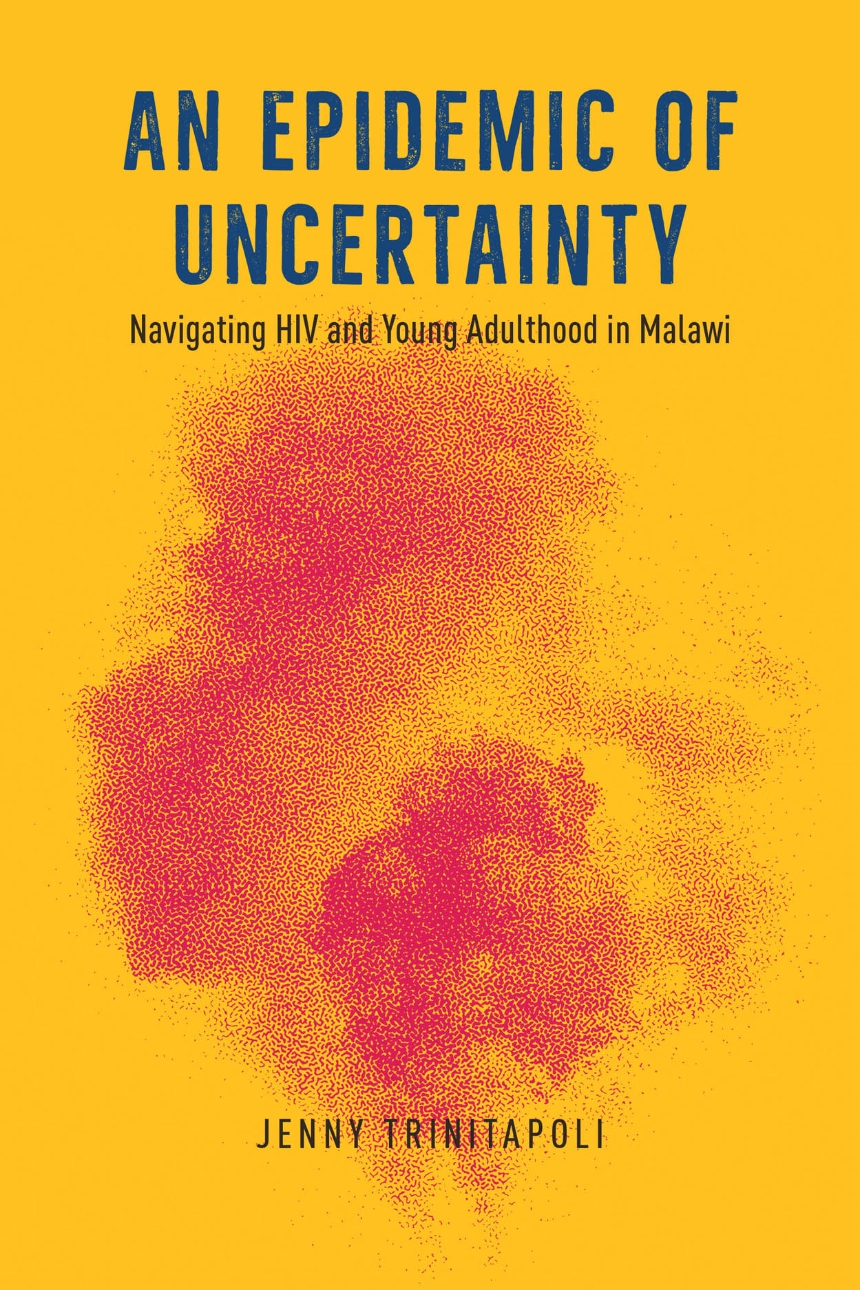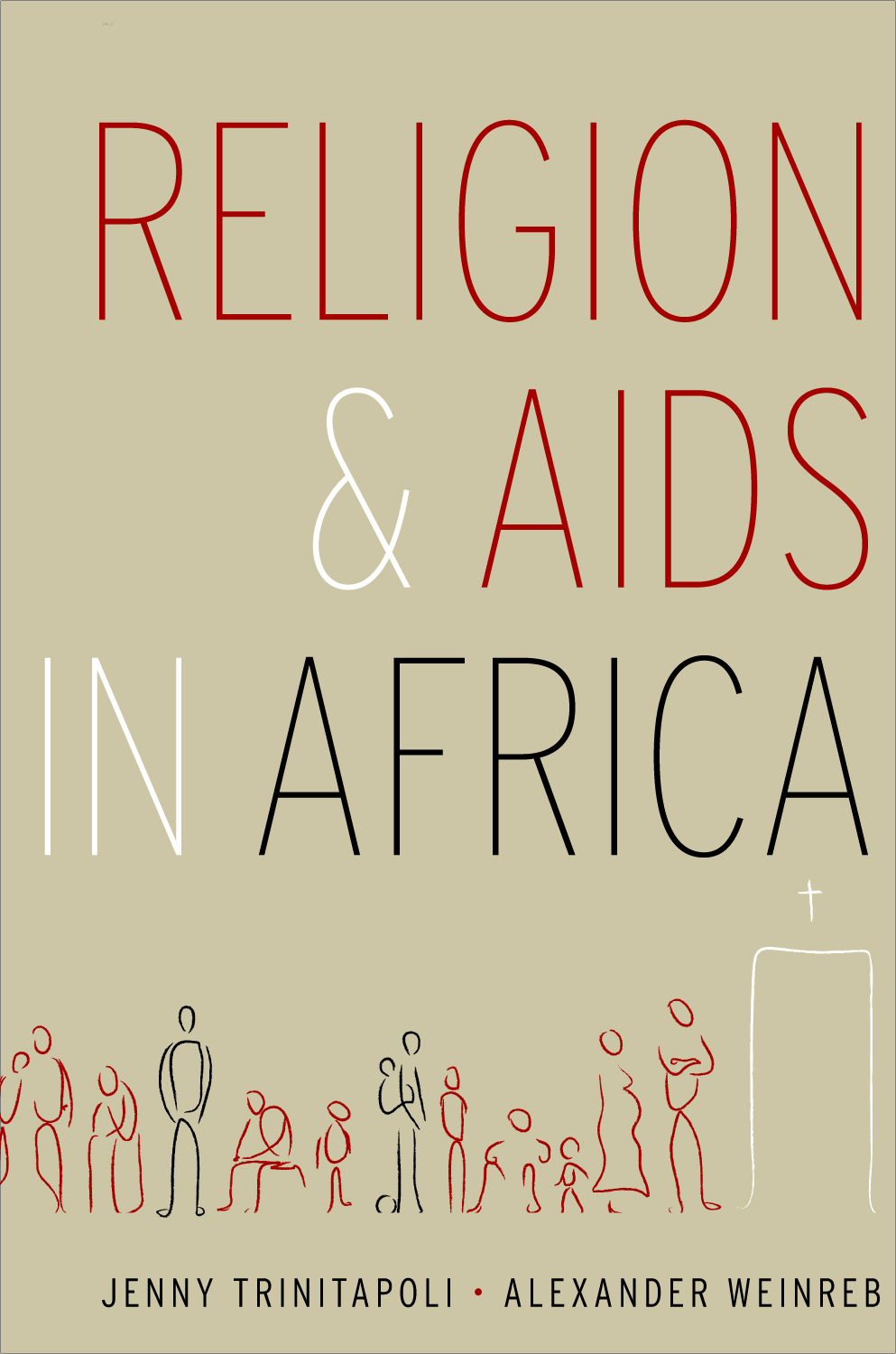Books
An Epidemic of Uncertainty: Navigating HIV and Young Adulthood in Malawi
Set in Balaka, Malawi, the book asks how young adults negotiate relationships, sex, and childbearing with a severe AIDS epidemic swirling around them. The book covers marriage, fertility, HIV, and mortality and will be published in 2023 by The University of Chicago Press. Data for this project come from a the Tsogolo La Thanzi study, fielded between 2009 and 2019. Beyond the specific case of HIV, An Epidemic of Uncertainty advances a new model for studying social life by emphasizing something that social scientists routinely omit from our theories, models, and measures – what people know they don’t know. The book offers readers: 1) an argument about uncertainty as a driving force in human behavior, 2) a focus on the life-or-death consequences of uncertainty with respect to HIV and AIDS in contemporary sub-Saharan Africa, and 3) unflinching portrayal of the research enterprise itself, based on a decade-long landmark study of young adulthood in Balaka.
Teachers interested in assigning this book in graduate or undergraduate courses can request an exam copy. To facilitate classroom use, a wonderful former student helped prepare a study guide to facilitate class discussion and suggest exercises students can complete, alongside the reading, to test and extend the book’s key themes and ideas.
Table of Contents 
- Introduction: Surveying the Shadows of Uncertainty
- Ten Years in Balaka: The Excellent and Imperfect Data of Longitudinal Studies
- Uncertainty Demography
- The Scope of HIV Uncertainty
- HIV Uncertainty & the Limits of Testing
- Relationship Uncertainty & Marriage Instability
- Call the Ankhoswe
- Ultimate Uncertainties and the Mortality Landscape
- Conclusion: Varieties of Uncertainty in Balaka
Reviewed In
Population and Development Review; The Lancet; Social Forces; Contemporary Sociology
Awards
ASA Section on Sociology of Population’s Otis Dudley Duncan Award 2024; ASA Section on the Sociology of Development’s Book Award 2024; ASA Section on Medical Sociology’s Eliot Friedson Outstanding Publication Award 2024 (Honorable Mention); Seminary Co-op Notable Book 2023
Religion and AIDS in Africa
My first book came about through a serendipitous series of collaborations, notably with Alexander Weinreb, Susan Watkins, and Mark Regnerus; the project relies on data from the Malawi Diffusion and Ideational Change Project and the Demographic and Health Surveys Program. You can find the book here or listen to Alex and I discuss it in a New Books Network podcast recorded back in 2012.
Table of Contents 
Introduction
Part One / THE BASICS
- Chapter 1. AIDS in Context
- Chapter 2. Religious Patterns
Part Two / UNDERSTANDING AIDS
- Chapter 3. Interpreting the AIDS Epidemic
- Chapter 4. Knowledge about HIV
Part Three / PREVENTING HIV
- Chapter 5. The ABCs of Prevention
- Chapter 6. Beyond ABC: Local Prevention Strategies
- Chapter 7. Institutionalized Religious Strategies
Part Four / RESPONDING
- Chapter 8. Stigma
- Chapter 9. Safety Nets
- Chapter 10. Effects of AIDS on Religion
Conclusions
From the publisher:
The African AIDS epidemic has sparked fierce debate over the role of religion. Some scholars and activists argue that religion is contributing to the spread of HIV and to the stigmatization of people living with AIDS. Others claim that religion reduces the spread of HIV and promotes care and support for the sick and their survivors. Religion and AIDS in Africa offers the first comprehensive empirical account of the impact of religion on the AIDS epidemic. Jenny Trinitapoli and Alexander Weinreb draw upon extensive fieldwork in Malawi, including hundreds of interviews with religious leaders and lay people, and survey data from more than 30 other sub-Saharan African countries. Their research confirms the importance of religious narratives and institutions in everything related to AIDS in Africa. Among other key findings, Trinitapoli and Weinreb show that a combination of religious and biomedical approaches to prevention reduces risk most effectively; that a significant minority of religious leaders encourage condom use; that Christian congregations in particular play a crucial role in easing suffering among the sick and their dependents; and that religious spaces in general are vital for disseminating information and developing new strategies for HIV prevention and AIDS mitigation. For anyone wishing to move beyond the rhetoric and ideology that plague debates about one of the most challenging crises of our time, Religion and AIDS in Africa is the authoritative account. It will change the way readers think about religious life and about AIDS in the region.
